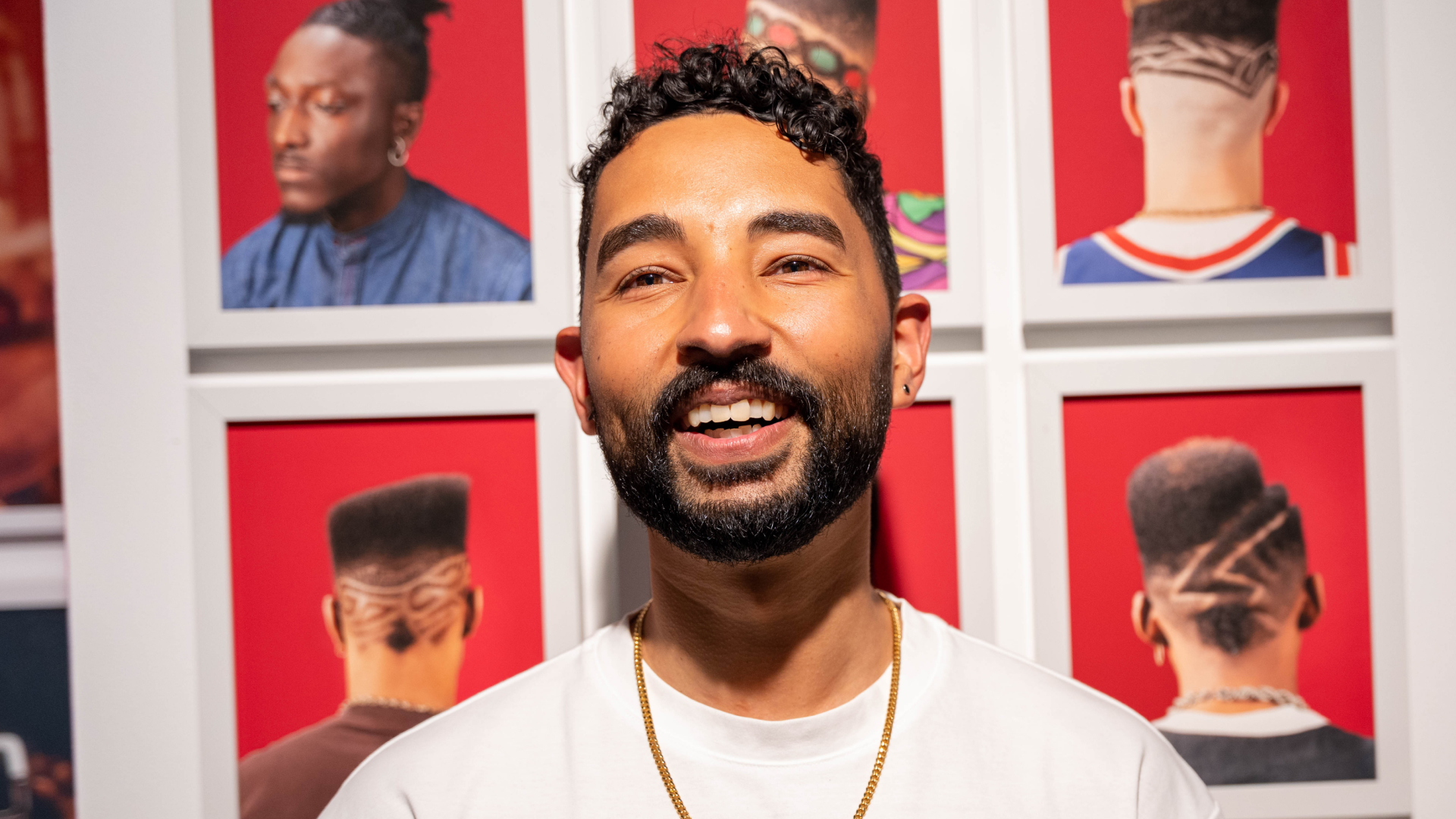
About
Please click the link below to join the webinar:
https://moadsf-org.zoom.us/j/87848551138?pwd=Z3RHTW5vcTlhWkk5VEJPNk5GaHBQZz09
Passcode: 949512
MUSEUM OF THE AFRICAN DIASPORA, BLACK PUBLIC MEDIA and WORLD present —
African Diaspora Film Club at MoAD | REWIND & PLAY with Director Alain Gomis
Modeled after our African Book Club, we will meet every other month to discuss a film that we have all viewed in advance of the discussion. The conversation will be moderated by Cornelius Moore, a longtime director at California Newsreel and film series curator at MoAD. We will be choosing a selection of films, some previously screened at MoAD. You may have already seen it, or this may be your first introduction. In either case, join us for a lively discussion of the film.
This month we will be discussing REWIND & PLAY (2022, 57 minutes). Improvisational pianist and composer Thelonious Monk is among the 20th century’s most revered jazz luminaries. This film by Alain Gomis, features raw footage from an interview the artist gave to French state television in 1969. It shows Monk in the grip of a violent factory of stereotypes, offering an unfiltered glimpse at the racial indignities some artistic geniuses are asked to endure.
You will receive instructions to join via zoom after you sign up here. Look for an email from MoAD after you signup, if you don't receive it in your inbox, look in your spam or junk mail.
We will not be screening the film. You can stream REWIND & PLAY on AfroPop: the Ultimate Cultural Exchange on WORLD.
View the film in advance and then join us for the discussion on Sunday, October 22 from 5-6pm (PDT).
Director Alain Gomis will join us for the discussion.
ABOUT THE FILM

In a 1969 interview, Thelonious Monk, one the 20th century’s most revered jazz luminaries, is seen in the grip of a violent factory of stereotypes. The film offers an unfiltered glimpse at the racial indignities some artistic geniuses are asked to endure. A film by Alain Gomis.
ABOUT THE FILMMAKER
.jpg)
Alain Gomis is a French-Senegalese director born in Paris in 1972. He studied art history and obtained a master's degree in film studies at the Sorbonne. In 2002, he directed his first film, L'Afrance, about the hardships of migrants in France, which won the Silver Leopard at the Locarno Film Festival. His film Andalucia was presented at Venice Days as well as Today presented in Competition at the Berlinale in 2012.
He returned to the Berlinale in 2017 with Félicité. The film won the Grand Jury Prize of the Competition and was selected by Senegal as a candidate for the Oscar for Best International Film.

This program is co-presented by WORLD
WORLD shares the best of public media in news, documentaries and programming. WORLD’s original series examine the issues and amplify the voices of those often ignored by mainstream media. The multicast 24/7 channel helps audiences understand conflicts, movements and cultures from around the globe. Its original work has won a Peabody Award, an Alfred I. duPont-Columbia Award, an International Documentary Association Award, a National News and Documentary Emmy Award, two Webby Awards and many others honoring diversity of content and makers. WORLD is carried by 193 member stations in markets representing 75% of US TV households. Funding for WORLD Channel is provided by the Corporation for Public Broadcasting, the John D. and Catherine T. MacArthur Foundation, Wyncote Foundation and the National Endowment for the Arts and Artworks. WORLD is produced by GBH in partnership with WNET and is distributed by American Public Television (APT). Find out more at WORLDChannel.org.
.png)
The African Diaspora Film Club is presented in partnership with Black Public Media
Black Public Media (BPM), formerly known as National Black Programming Consortium develops, produces, funds, and distributes media content about the African American and global Black experience. Our mission is to commit to a fully realized expression of democracy and we accomplish this by supporting diverse voices through training, education, and investment in visionary content makers.
For 40 years, BPM has addressed the needs of unserved and underserved audiences. BPM continues to address historical, contemporary, and systemic challenges that traditionally impede the development and distribution of black stories.
Made possible by
Current Exhibitions




